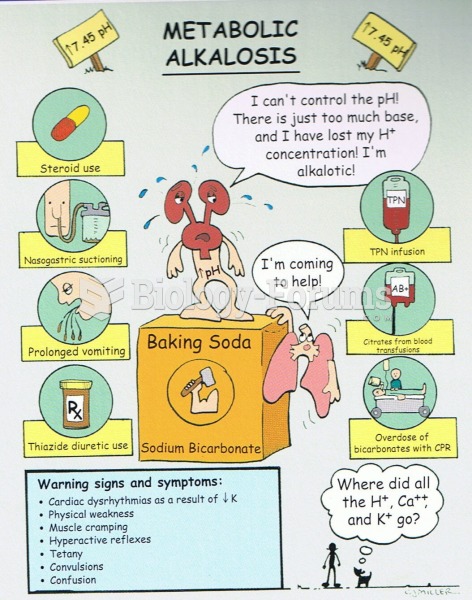|
|
|
The human body produces and destroys 15 million blood cells every second.
Bacteria have flourished on the earth for over three billion years. They were the first life forms on the planet.
Nearly 31 million adults in America have a total cholesterol level that is more than 240 mg per dL.
Astigmatism is the most common vision problem. It may accompany nearsightedness or farsightedness. It is usually caused by an irregularly shaped cornea, but sometimes it is the result of an irregularly shaped lens. Either type can be corrected by eyeglasses, contact lenses, or refractive surgery.
Opium has influenced much of the world's most popular literature. The following authors were all opium users, of varying degrees: Lewis Carroll, Charles, Dickens, Arthur Conan Doyle, and Oscar Wilde.







